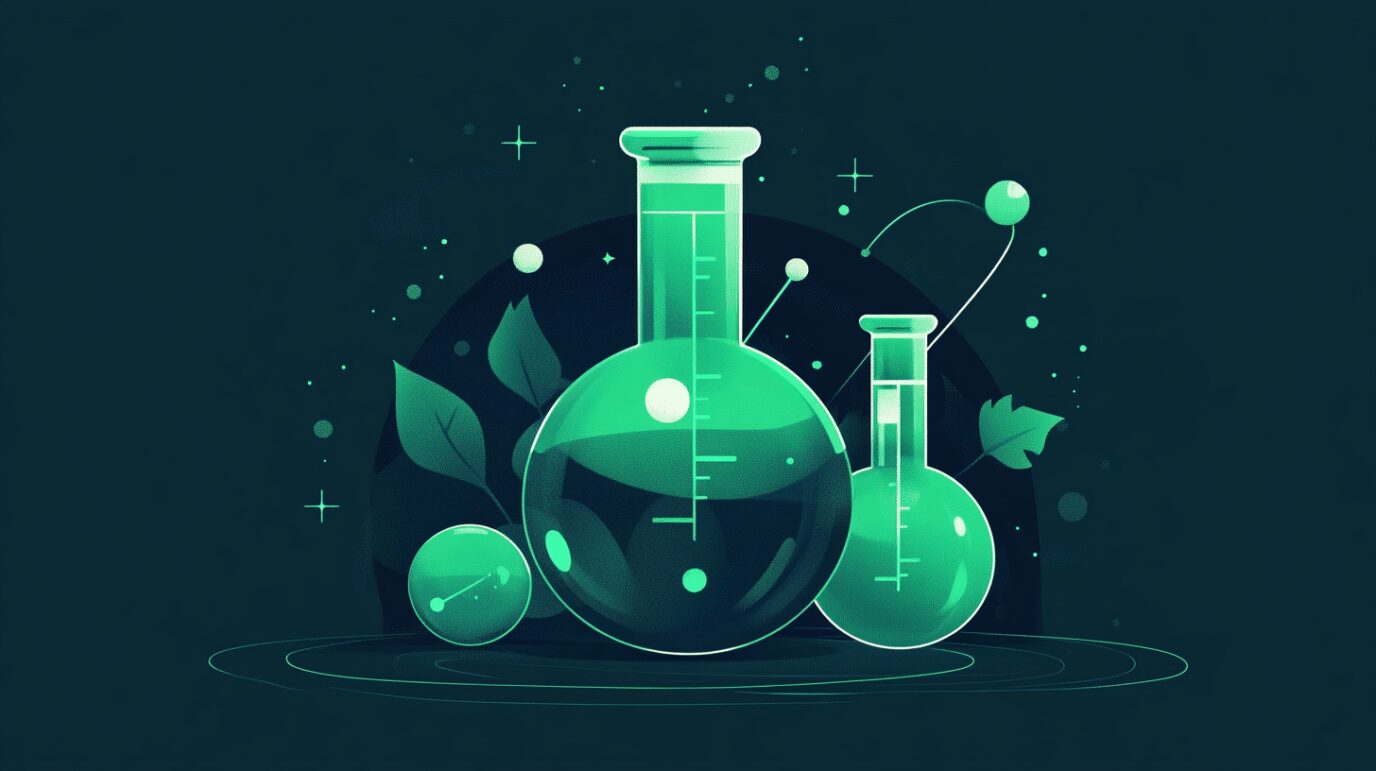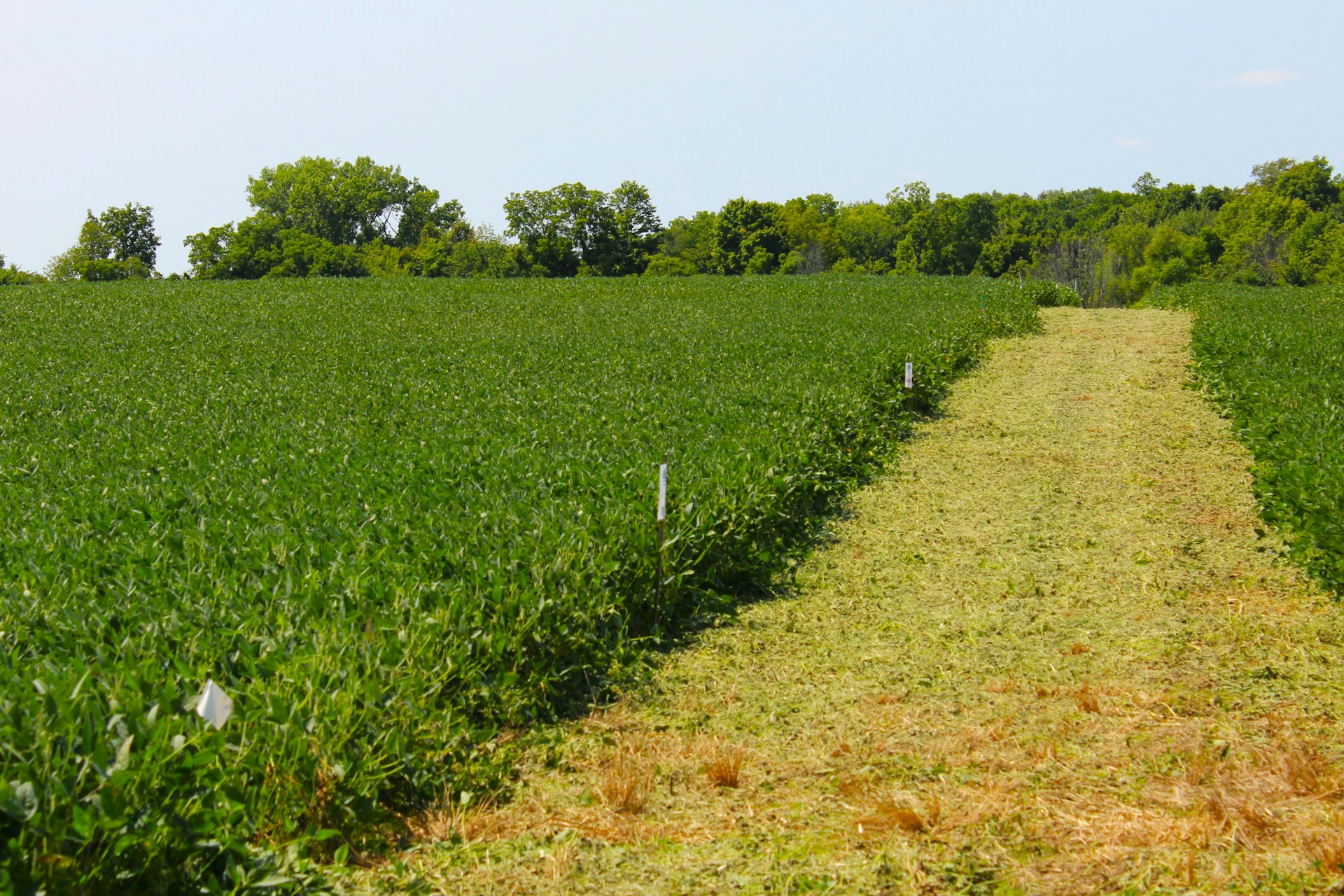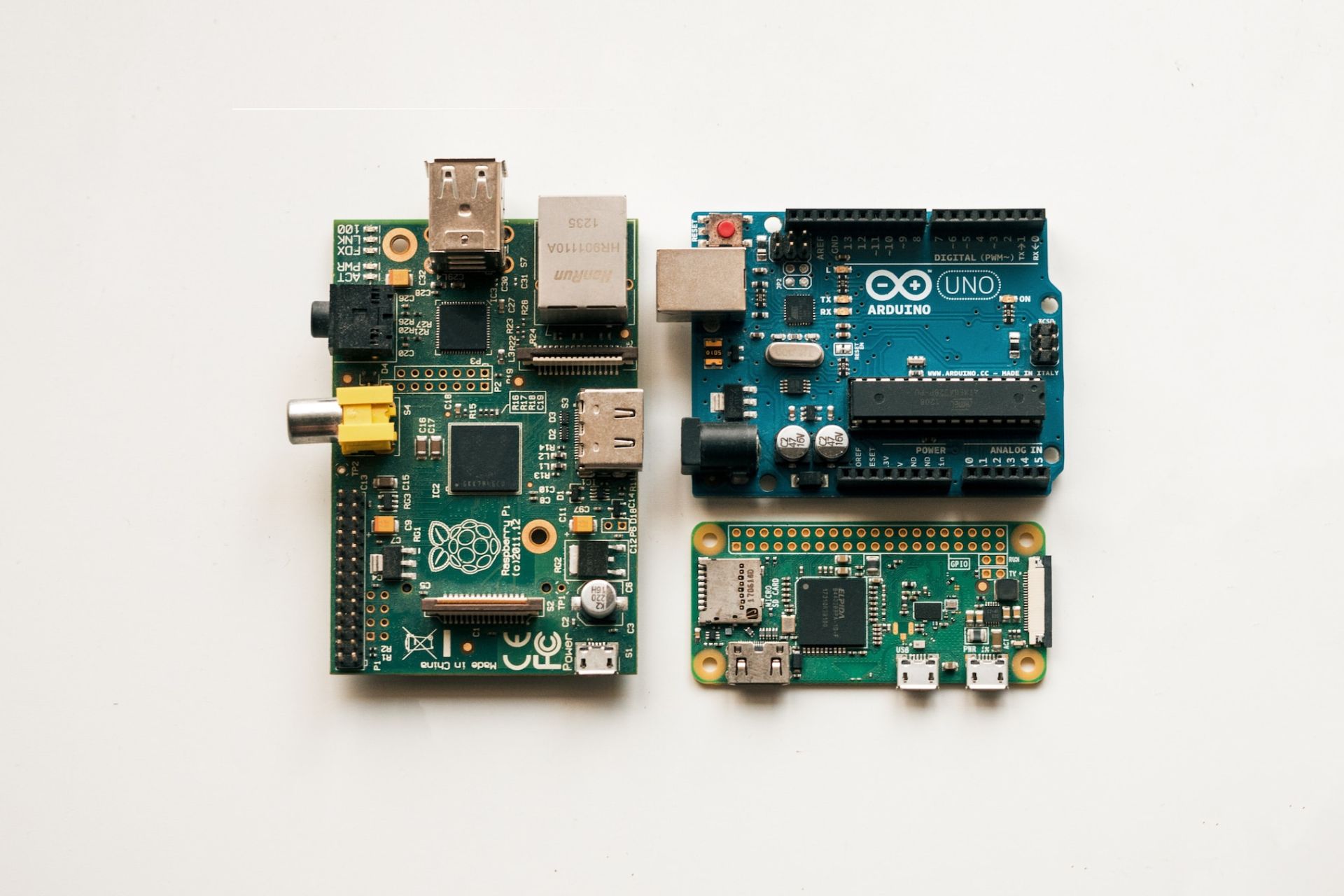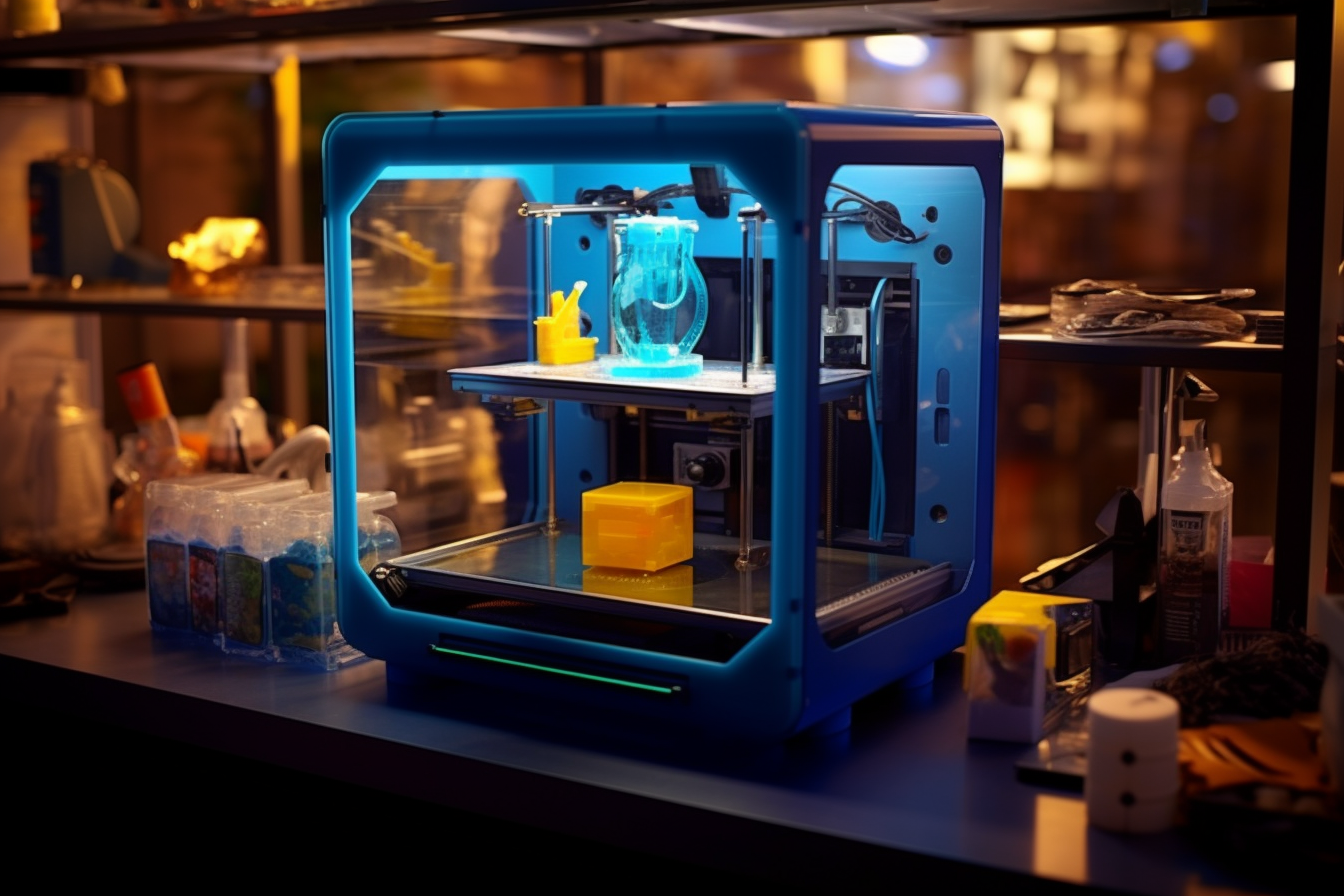
Turning Plastic Waste Into Fuel
September 1, 2022 - Revolutionized Team
Revolutionized is reader-supported. When you buy through links on our site, we may earn an affiliate commission. Learn more here.
Did you know you can turn plastic to fuel?
Plastic is one of the most commonly found items in our landfills. It’s estimated that 8 million metric tons of plastic end up in our oceans every year. This plastic pollution harms marine life and ecosystems, and it’s a threat to human health.
We need to find ways to recycle plastic and reduce the amount of plastic waste that ends up in our landfills and oceans. One potential solution is turning plastic into fuel.
How Is Plastic Recycled?
There are three main ways to recycle plastic:
- Incineration: Incineration is the process of burning plastic to produce energy. This is not a very popular method because it produces harmful emissions that can impact the environment and human health.
- Mechanical recycling: Mechanical recycling involves of shredding plastic and melting it down to reuse in similar products. This method doesn’t require any chemicals or special processes, but it can result in lower-quality plastics.
- Chemical recycling: Chemical recycling, also known as turning plastic into fuel, happens when plastic gets converted into liquid fuels. This method is gaining popularity because it doesn’t produce any harmful emissions. However, current processes cost a lot and are not widely used.
How Is Plastic Transformed Into Fuel?
Each chemical recycling process varies. Researchers have found that a combination of ruthenium metal and carbon works as a catalyst to convert 90% of plastic waste into fuel at a lower temperature than current chemical recycling process, making it more economical for widespread use.
Because this process recycles large amounts of plastic waste in just 60 minutes, it’s also faster and more efficient.
What Types of Plastics Could Become Fuel?
Polyolefin is the most common type of plastic, which also makes it one of the most problematic. Fortunately, researchers have had great success recycling polyolefin into fuel using low-pressure hydrothermal processing.
Moreover, several other types of plastics can get recycled and turned into fuel:
- Low- and high-density polyethylene: Low-density polyethylene is a type of plastic used in packaging, bags and films. Bottles, pipes and containers feature high-density polyethylene
- Polypropylene: Polypropylene is a type of plastic used in ropes, carpets and auto parts.
- Polystyrene: People use polystyrene for packaging, insulation and appliances.
Could Plastic-Derived Fuel Power Cars?
Yes, fuel made from plastic can power cars. In fact, researchers at Swansea University have developed a process that can turn plastic waste into hydrogen fuel to run vehicles.
Though large-scale rollouts of plastic-derived fuel is still years away, it’s a groundbreaking discovery that could significantly reduce plastic waste.
A Better Future for Plastics and the Planet
Turning plastic into fuel is a promising solution to the problem of plastic pollution. This recycling and processing method doesn’t produce any harmful emissions and can help reduce the amount of plastic waste that ends up in our landfills and oceans.
Revolutionized is reader-supported. When you buy through links on our site, we may earn an affiliate commission. Learn more here.







